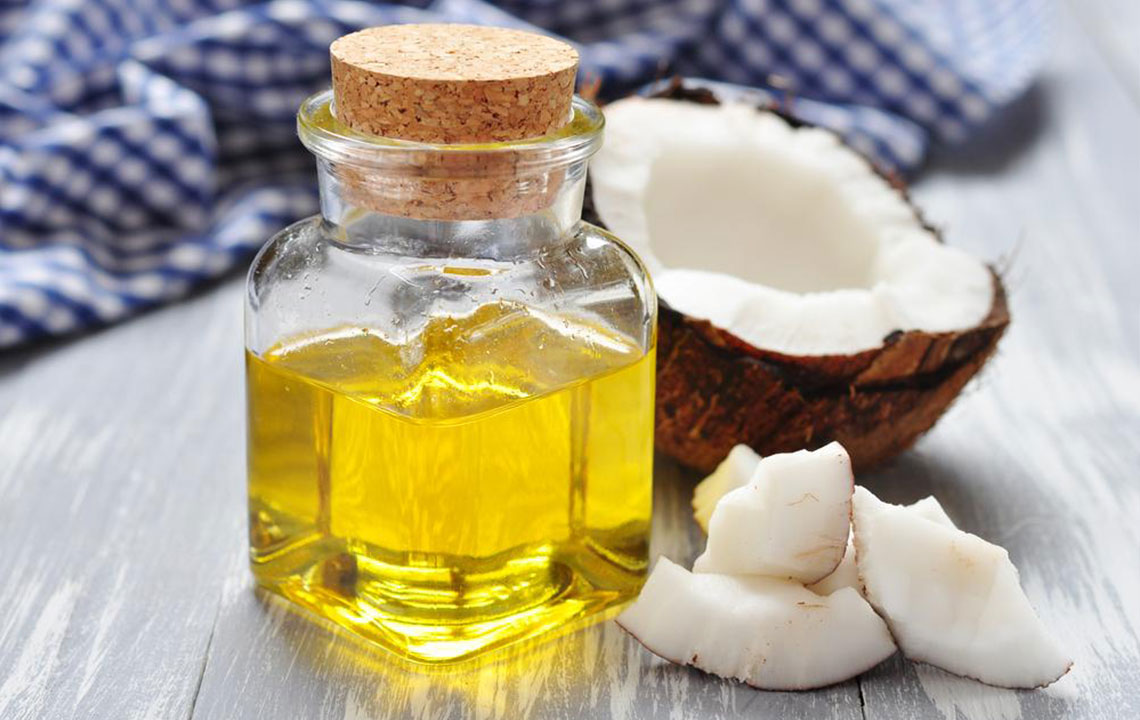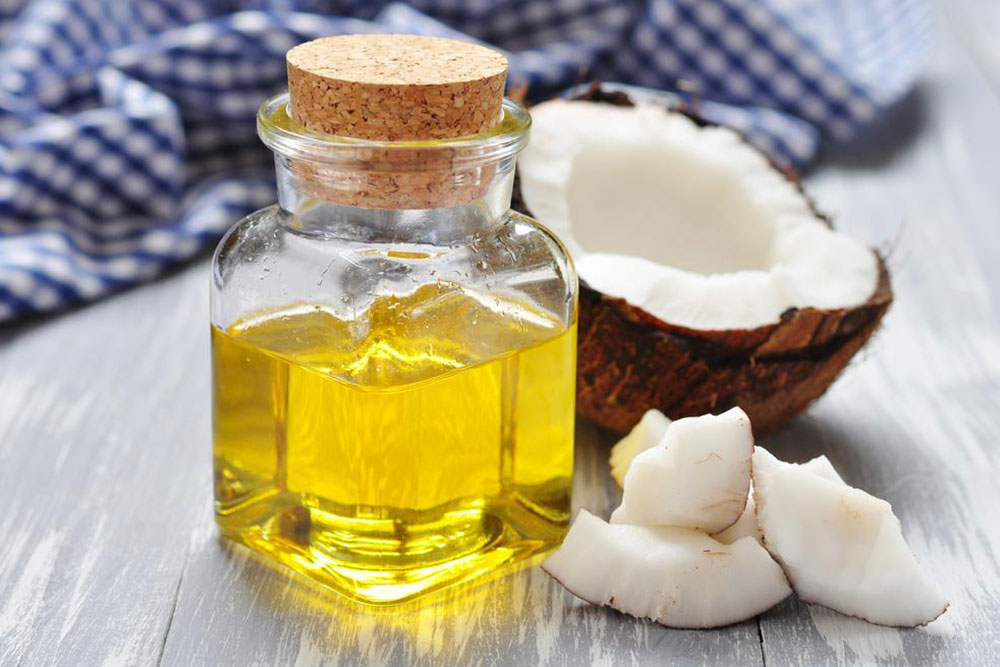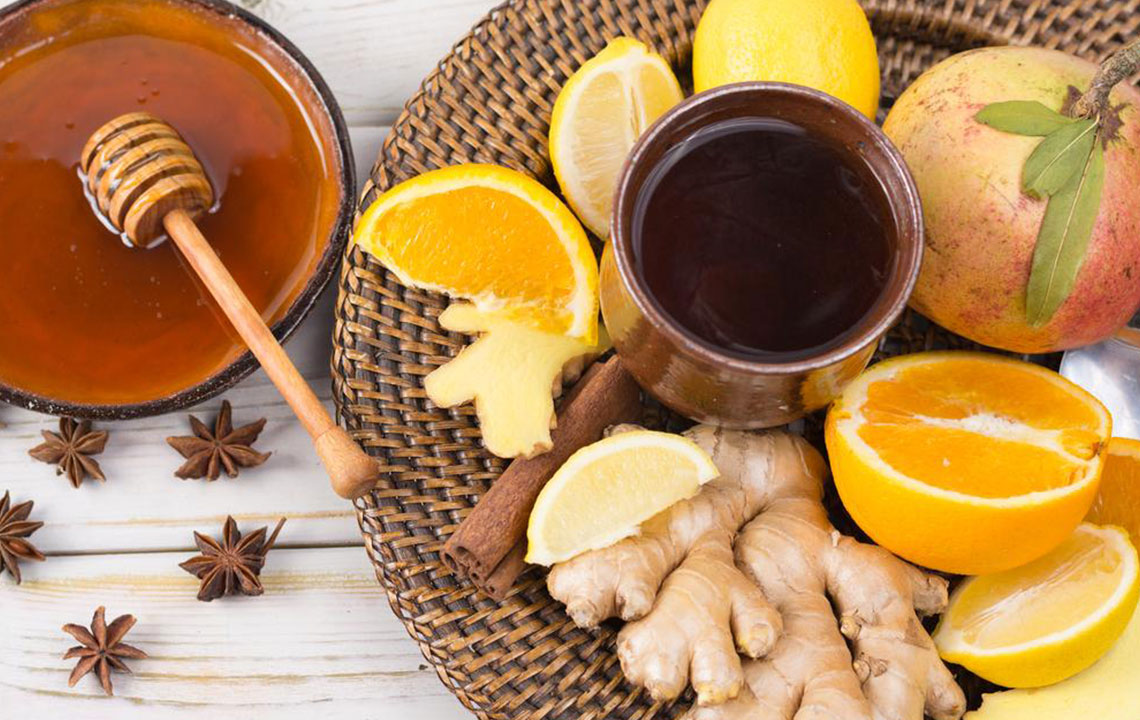Comprehensive Guide to Relieving Cold Symptoms Effectively
This comprehensive guide explores effective remedies for cold symptoms, including medications like NSAIDs, antihistamines, decongestants, and supportive home remedies. Learn how to alleviate sore throat, congestion, cough, and body aches with safe, practical strategies. Emphasizing the importance of proper medication use, natural remedies, and lifestyle adjustments, this article helps individuals manage cold symptoms efficiently and recover faster, all while emphasizing safety and personalized care.

Comprehensive Strategies for Alleviating Cold Symptoms
Experiencing a common cold can be both exhausting and disruptive, affecting daily routines and productivity. Although the common cold is primarily caused by viral infections like rhinoviruses and cannot be eradicated with antibiotics, there are numerous remedies and strategies that help alleviate its symptoms. Managing a cold effectively involves targeting specific discomforts such as sore throat, nasal congestion, cough, body aches, and fever.
Understanding the variety of available symptomatic treatments can empower individuals to manage their illness more comfortably. It is important to recognize that while these remedies do not cure the cold itself, they significantly improve quality of life during the illness. From over-the-counter medications to home remedies, a wide array of options exist to ease your symptoms and expedite recovery.
Pharmacological Interventions for Cold Relief
When managing a cold, certain medications can provide targeted relief for specific symptoms. It is essential to consult healthcare professionals before initiating any medication, particularly if you have existing health conditions or are taking other drugs.
NSAIDs (Nonsteroidal Anti-Inflammatory Drugs): Commonly used to reduce inflammation, NSAIDs such as ibuprofen and naproxen are effective at alleviating sore throats, headaches, body aches, and fever. These medications are fast-acting and can make you more comfortable, enabling rest and recovery. Nonetheless, users should exercise caution, especially individuals on blood thinners or those with gastric ulcers, as NSAIDs can aggravate bleeding risks or cause gastrointestinal issues.
Antihistamines: Designed to combat allergy-related symptoms, antihistamines help reduce sneezing, runny nose, and watery eyes. Many antihistamines have sedative properties, which might cause drowsiness, so they should be used cautiously, especially if you need to stay alert.
Decongestants: These medications are effective at relieving nasal congestion, allowing easier breathing. They work by constricting blood vessels in the nasal passages. Due to possible side effects like increased heart rate and elevated blood pressure, decongestants generally require a prescription and should be used according to medical advice.
Home Remedies and Supportive Care for Cold Recovery
In addition to medications, several home remedies and lifestyle strategies can support your recovery process and ease cold symptoms.
Expectorants: If your cold is accompanied by a cough with mucus, expectorants can be useful. These medications thin the mucus in your airways, making it easier to expel and relieving lung congestion. While generally safe, they can sometimes cause side effects like nausea or headaches.
Nasal Decongestants: Applied directly into the nasal passages via sprays, these medications provide quick relief from sinus blockage. However, overuse can lead to rebound congestion or increased blood pressure, so usage should be carefully monitored.
Cough Suppressants: Containing ingredients like codeine, cough suppressants reduce persistent coughing. Due to their narcotic classification, they are usually available only with a prescription and should be used cautiously. Drowsiness and constipation are common side effects.
Herbal and natural remedies also play a vital role in alleviating cold symptoms. Consuming foods rich in vitamin C such as citrus fruits, berries, and leafy greens can boost your immune system. Hydration is crucial; drinking plenty of fluids like water, herbal teas, and broths helps keep mucus thin and supports your body's healing efforts. Hot fluids, steam inhalation, and spicy herbs like ginger, garlic, and turmeric are traditional remedies that promote nasal drainage and reduce inflammation.
Furthermore, maintaining adequate rest and avoiding physical stress aid immune function. While OTC medications provide symptomatic relief, integrating supportive lifestyle measures can accelerate recovery and improve comfort during a cold.
Precautions and Tips for Safe Cold Management
While many remedies are effective, it is important to use medications judiciously and be aware of potential risks. Avoid combining multiple decongestants or NSAIDs without medical guidance to prevent adverse effects. Always adhere to recommended dosages and duration of use.
If symptoms persist beyond 10 days, worsen, or are accompanied by high fever, chest pain, or difficulty breathing, seek medical attention promptly. These could be signs of a more serious illness such as bacterial infection or influenza.
In summary, managing a cold involves a combination of pharmacological treatments and home remedies tailored to individual symptoms. Staying well-hydrated, getting sufficient rest, and incorporating immune-boosting foods can significantly ease discomfort and shorten the duration of the illness. Understanding your symptoms and choosing appropriate remedies can make your cold more manageable, allowing you to return to your daily activities quicker and with greater comfort.





